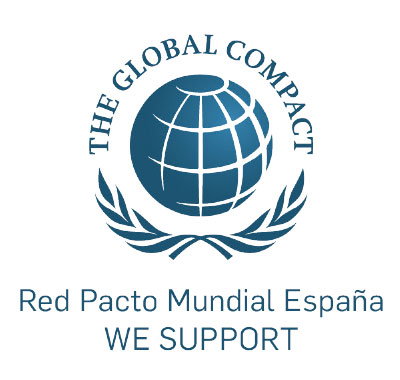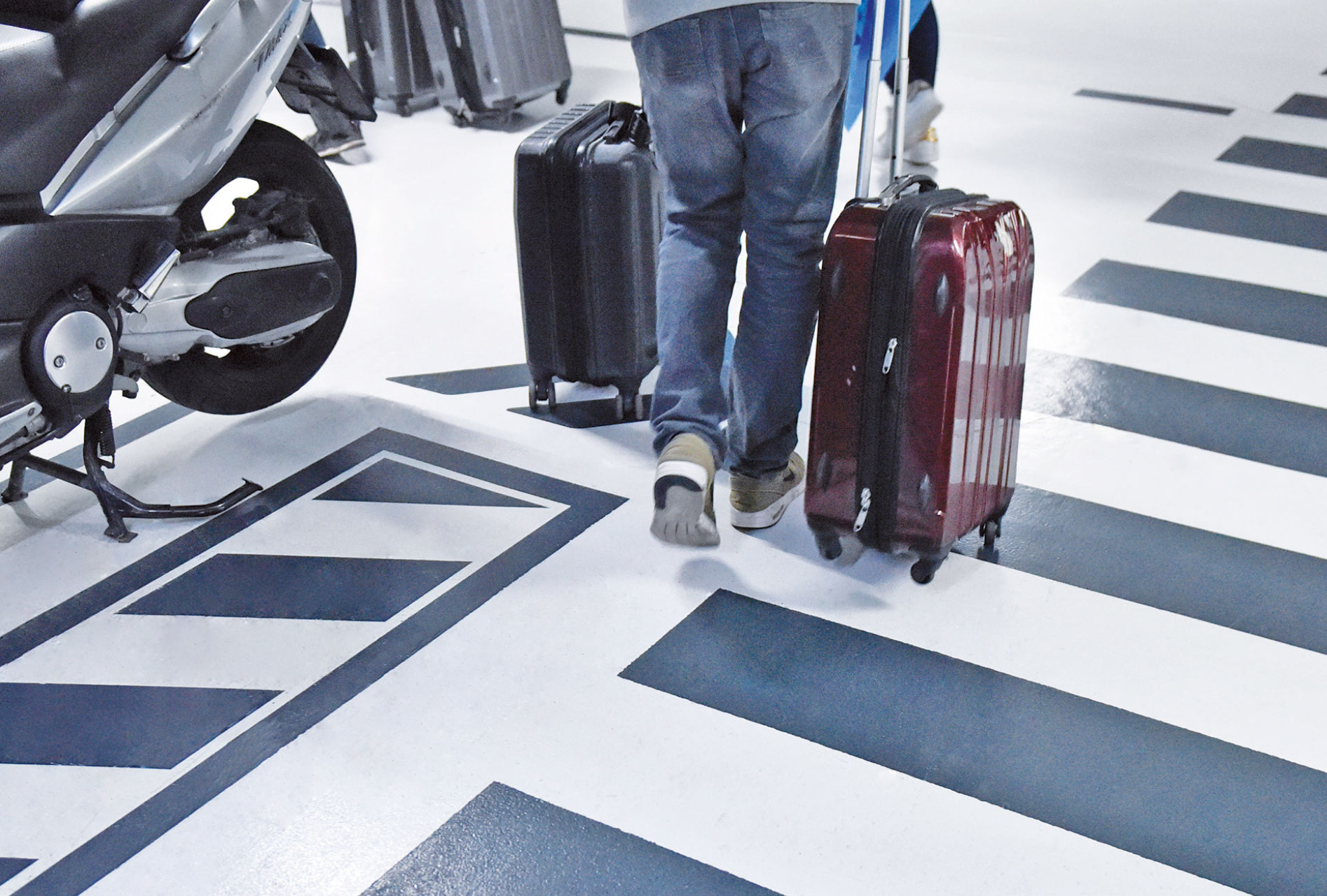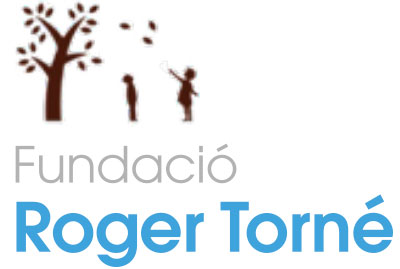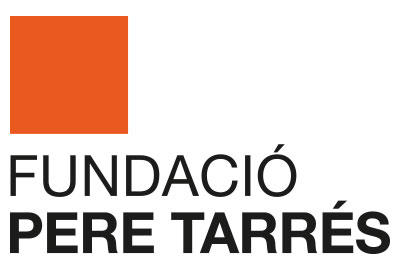Saba is aware that the best results are always linked to the best ways of operating. Advancing towards sustainable and socially responsible competitiveness is a challenge of excellence for top-tier companies. It is by moving towards those sustainable and socially responsible criteria that Saba will achieve the appropriate level of excellence to consolidate itself as the reference company that it is and that it aspires to continue being. Saba integrates sustainability as a factor inherent to decision making. This resolve entails its incorporation into the internal management processes, at the same level as factors such as cost-benefit analysis of projects, the cost of financing, business strategy and information technology, among other aspects.
The organisation as a whole participates and collaborates, to different degrees, in the implementation of a CSR culture in Saba. Some of its main pillars are transversality and commitment to the local communities in which Saba carries out its activity. This is done with the involvement of all the teams in the set of countries where it operates; in sustainable mobility and the quality of the service offered to the customer, as a signature of the brand; and in the environment and social and ethical aspects, as differentiating elements of the company. The integration and consolidation of CSR in the business will allow Saba to strengthen transparency and to bring the company closer to its stakeholders and to manage them better.
Staff
People
Indefinite contracts
The people who make up Saba are the essential basis for development, growth and what might be called the Saba style: culture of customer service, commitment to the environment, responsibility and honesty towards suppliers, and involvement in society. Saba works to ensure equal opportunities and against discrimination because of gender, race, country of origin, religion or age.
Saba gets the entire organisation involved with the best practices of good corporate governance, and has set up communication channels with the Mission, Values, Code of Ethics and the business and development strategy. We are strengthening interaction with stakeholders, enabling us to obtain constant feedback and align the performance of Saba’s activity with expectations in areas such as quality, information and transparency. Likewise, the push in 2016 for the Crime Prevention Handbook has been completed in 2017, with the final approval given by the company’s Board of Directors.
In this regard, another of the focuses of action relates to Saba’s ongoing work towards labour integration with the signing of agreements with companies and foundations that facilitate the placement of disadvantaged groups so they can join the world of work. The capillarity and territorial penetration typical of the company’s business provide this capability to try to meet demand in this area. Agreements that can be highlighted here are those with the ONCE Foundation and the SIFU Group for subcontracting auxiliary services in car parks, in these cases promoting the integration of disabled people. Currently, 3.6% of Saba’s workforce in Spain is made up of people with some form of disability. Also worth underlining is the membership of the Incorpora programme, part of the Welfare Projects of “la Caixa” Banking Foundation. It is an initiative based on labour intermediation, whose aim is to facilitate integration in the job market of people at risk of social exclusion.
Headcount distribution by gender
Distribution of management positions by gender



Saba insists on a continued effort to identify best practices in terms of energy efficiency and, in this regard, since 2011 it has carried out a series of actions that result in more savings, in the optimization of management and, ultimately, in consolidating the Saba brand as an industry benchmark operator, committed to sustainability.
Since 2011, Saba annually calculates its carbon footprint in order to determine the company’s impact on climate change and emission performance. This impact is measured through an inventory that establishes operational limits in accordance with the provisions of “The Greenhouse Gas Protocol, a Corporate Accounting and Reporting Standard” and the ISO 1406 - 1:2012 guidelines.
In 2016, and with the aim of continuing to implement efficiency measures and of moving towards excellence in sustainability, Saba has voluntarily undergone, for the second year running, verification of its carbon footprint by an independent third party, in a process of transparency and a thorough analysis of the data. In this sense, total CO2 in 2016 emissions were 12,162 t, which represents a 10% decrease with respect to 2015, a clear reflection of the effort to push forward improvements in this area, in parallel to the development and growth of the car park network.
CO2 emissions
Saba is a member of the United Nations Global Compact, supporting the ten principles promoted by this institution, a benchmark for human rights, labour rights, the environment and anticorruption. The company remains committed to making the Global Compact and its principles part of the company’s strategy, culture and daily activities, as well as to being involved in cooperative projects that contribute to the wider development goals of the United Nations. Make cities and human settlements inclusive, safe, resilient and sustainable.
Likewise, it carries out its activity within the framework of the Sustainable Development Goals (SDGs) of the United Nations, especially those concerning action for the climate, in line with action on energy efficiency, and concerning sustainable cities and communities, with the development of solutions in the field of urban mobility.

Saba turned 50 in 2016. Half a century after the first concession in Barcelona, the transformation of Saba has been as extensive as the transformation of cities: Fifty years of cities’ transformation translate into fifty years of continuous development for Saba—continuous commercial and technological restructuring and consolidation of a long-term project geared toward high-quality service and sustainable mobility. Concessions, public/private partnerships and links to the local area are in the company’s DNA, enabling appropriate dialogues to be set up with different cooperating actors—administrations, institutions, people—to meet their needs and implement and develop progressive formulas, all thanks to a committed staff.
Saba will continue on its path towards sustainability and corporate responsibility and shall be a fully engaged participant in the progress of society and the cities it has been involved with since 1966. It is within this framework that Saba establishes agreements and collaborations with different institutions which reflect the company’s objectives in matters such as the environment and the protection of disadvantaged groups. These collaborations include agreements with the Roger Torné Foundation, the Plant for The Planet Foundation and the Pere Tarrés Foundation. Saba also connects with society through initiatives such as the Professional Life Project, promoted by the Barcelona City Council, among other institutions, aimed at supporting academic and professional guidance at the service of students and faculty of educational centres.

Environment


Childhood

Academic and professional orientation
